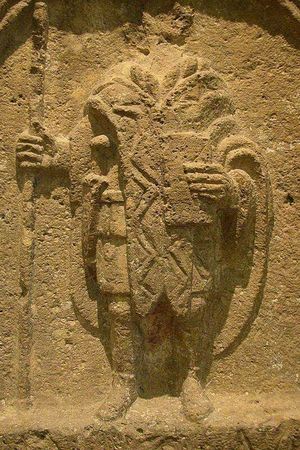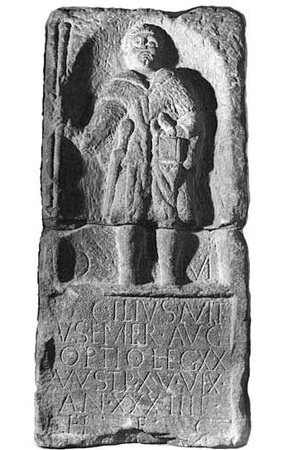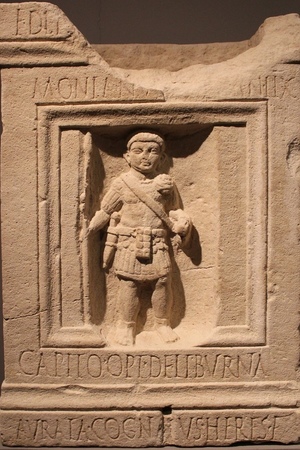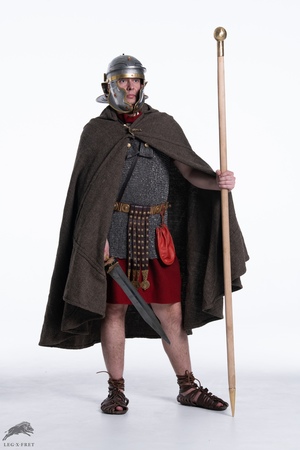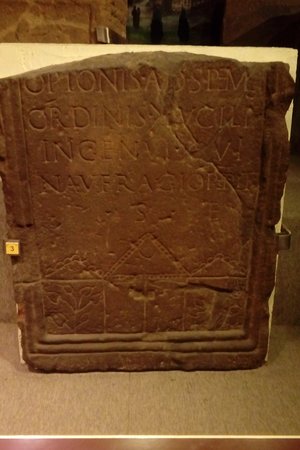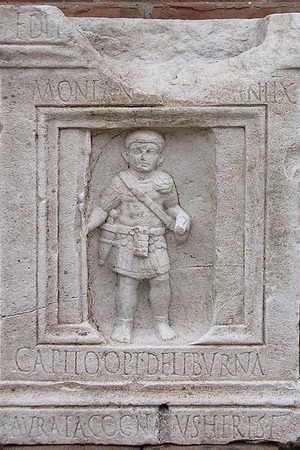Optio
Optio or option (from Latin. Optio - free choice) - a military rank in the ancient Roman army, corresponding to the junior officer corps. He served as an assistant to the centurion, and in case of his injury or death, he could temporarily perform his duties.
The main attribute of the optio was the stimulum - a long staff, which performed the same function as the centurion's vitis: with it the optio beat poorly trained legionnaires and straightened the ranks. The stimulum was a wooden stick with a small widening or metal tip at the end. Otherwise, the appearance of the optio did not differ from a regular legionnaire.
Experienced and well-recommended soldiers became optio. Initially, the optios were appointed by the senior officers of the legion, but later the centurions themselves began to choose their deputies. The total number of permanent optios was equivalent to the number of centurions - 59-60. Most of them subsequently advanced in service, becoming centurions. In addition to regular (combat) optios, there were also optios performing administrative duties. For example, an optio for the sick (optio valetudinarii), a ship optio (optio navaliorum), an optio for guards (optio custodiarum), etc.
The duties of the optios included keeping records, training soldiers, as well as maintaining order in the legion as a whole and in the ranks during combat encounters.
Related topics

 Gallery
Gallery






